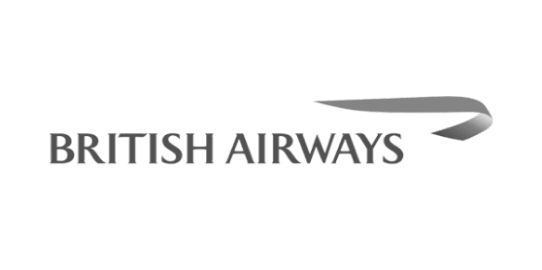Travel & Tourism
Enhance customer engagement, streamline your operations, and stay ahead of the competition.
In the travel and tourism industry, providing exceptional customer experiences and managing operations efficiently are key to standing out. As travelers’ expectations evolve and technology advances, it’s crucial for businesses in this sector to keep up. We’re here to help you enhance customer engagement, streamline your operations, and stay ahead of the competition.
Common Challenges
One of the primary challenges is managing vast amounts of data. Travel companies gather extensive information, from booking details and customer preferences to travel itineraries. Effectively managing this data to enhance customer experiences and optimize operational efficiency can be overwhelming, especially when trying to extract actionable insights.
Another significant issue is ensuring data security and compliance. The travel sector deals with sensitive customer information, including payment details and personal data. This necessitates strong security measures and adherence to regulations like GDPR and PCI DSS to protect customer trust and prevent data breaches.
The industry is also marked by its dynamic nature, where trends can shift rapidly, and unexpected disruptions—such as natural disasters or global health crises—can occur. Companies must be agile and responsive, adapting their services to maintain high levels of customer satisfaction even amidst uncertainty.
Additionally, enhancing operational efficiency is crucial. Travel companies face challenges in managing reservations, addressing customer inquiries, and coordinating logistics. Without the right digital tools, these processes can become cumbersome, leading to inefficiencies and increased costs.
Our Solutions
To address these challenges effectively, travel and tourism companies can implement several strategic solutions.
First, investing in advanced data management systems is essential. These systems enable travel companies to consolidate and analyze data from various sources, allowing them to gain insights into customer preferences and booking patterns. By leveraging this information, companies can enhance personalized services and improve overall customer satisfaction.
Next, adopting robust cybersecurity frameworks is crucial for protecting sensitive information. Implementing measures such as encryption, secure payment gateways, and regular security audits will ensure compliance with industry regulations and safeguard customer data. Establishing clear protocols for data handling and access can further enhance security and build trust with customers.
To remain competitive in a rapidly changing environment, travel companies should embrace agile methodologies. This approach allows organizations to respond swiftly to market shifts and unexpected disruptions. By fostering a culture of flexibility and innovation, companies can adapt their offerings to meet evolving customer needs and maintain service excellence.
Lastly, utilizing digital tools to streamline operations can significantly enhance efficiency. Implementing integrated reservation systems, customer relationship management (CRM) platforms, and automated customer support solutions can help manage inquiries, bookings, and logistics more effectively. This streamlining reduces operational costs while improving response times and overall customer experiences.
Customers

